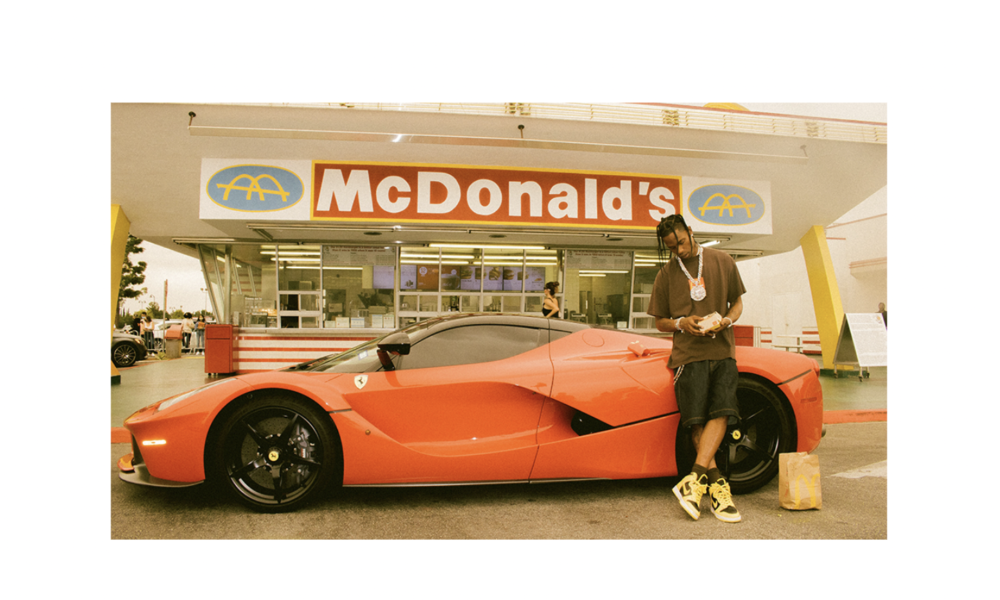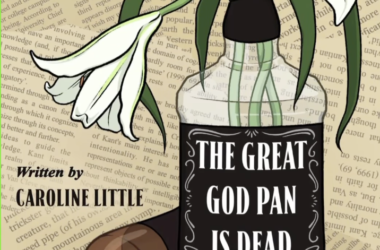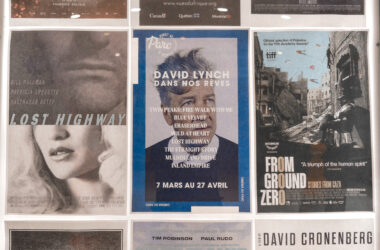Celebrity fanbases such as BTS’s “ARMY,” Beyoncé’s “Beyhive,” and Taylor Swift’s “Swifties” all have one thing in common—they are incredibly loyal. From buying front-row concert tickets to investigating every detail of social media posts, these fans follow their idol’s every move. Such devout admirers make for perfect marketing targets for celebrities and corporations alike due to the profitability of celebrities’ public images.
A key tactic of this marketing strategy is the use of social media. Creators and businesses use collaborations, cryptic posts, and teasers to entice their fanbase—members of which almost always take the bait. Excited fans are quick to feed on every last detail available on platforms such as Twitter, Instagram, and TikTok, creating speculative hashtag storms that serve as free marketing for the celebrity.
McDonald’s, known for capitalizing on celebrity collaborations, partnered with Grammy-nominated K-pop group BTS this past summer. Along with the group’s growing Western popularity, ARMY members are incredibly dedicated, so McDonald’s utilized the fans’ loyalty to boost sales amidst the pandemic. McDonald’s put a minimal amount of effort into the collaboration with BTS; the company grouped together already available menu items and promoted them as BTS’s “signature order.” The strategy paid off, as ARMY members created a Twitter storm about McDonald’s immediately following the announcement. The fans’ general response is exemplified in the simple and succinct tweet by BTS-superfan @seokjinbro_: “give it to me.”
Other companies, such as Starbucks, have taken more subtle approaches to fan-targeted marketing. On Nov. 8, Starbucks mysteriously tweeted, “It’s Red season.” Swifties, already anticipating Taylor Swift’s re-release of her Grammy-nominated album Red on Nov. 12, quickly made the connection. Thousands responded, and Twitter user @MadivsTheWorld sums up the reception with the tweet, “yo you can’t mess with a swifte like this.” Starbucks feigned innocence, saying they only meant to celebrate the beginning of the holiday season, and dodged Swift-related questions to encourage fan speculation. They finally spilled the beans; Starbucks announced the Grande Caramel Nonfat Latte (Taylor’s Version) on Twitter—presumably, Swift’s drink of choice.
Businesses and artists alike have also used collaborations to fuel feuds that subsequently garner economic returns. In 2018, Canadian rapper Drake used his verse on Travis Scott’s song “Sicko Mode” to insult both Kanye West and Adidas—the brand that West collaborated with to create his signature YEEZY shoes. In the song, Drake declares that West “lost my respect, you not a threat,” and that he prefers “checks over stripes.” The latter lyric hypes Nike’s swoosh logo, a company Drake has partnered with, while insulting Adidas’ stripes. Although the slander is weak at best, loyal fans jumped to support Drake and Nike by using the hashtag #checksoverstripes. Although diss tracks are common in hip-hop music, bringing associated brand names into Drake and West’s rivalry makes the drama seem performative.
Similar to Drake and West, Nike and Adidas are two of the biggest names in the footwear industry, so naturally, they are drawn to opportunities that grant them access to new customers. This “sponsorship” drama, therefore, reads like a paid publicity stunt to get Drake fans to purchase Nike products to ostensibly support him in the feud. This tactic obviously worked, as #checksoverstrips continues to circulate around Twitter even in 2021. While Drake’s music may not be as popular today as it was in 2018, both he and Nike are continuing to profit from social media involvement.
Overlapping celebrity fanbases with brand loyalists is a genius marketing tactic to boost profit and popularity for both parties. For artists, these PR stunts, which are solely focussed on highlighting the celebrity—and the product—bring the fanbase together over their communal love for their influencer. Although celebrities and businesses are preoccupied with profit, they also need to stay relevant. By associating themselves with popular artists, the businesses can sit back, letting the celebrities’ fans’ Twitter hashtags reach larger audiences than their solo marketing ploys. Celebrities and businesses know fanbases are loyal—so why not profit off of them?









